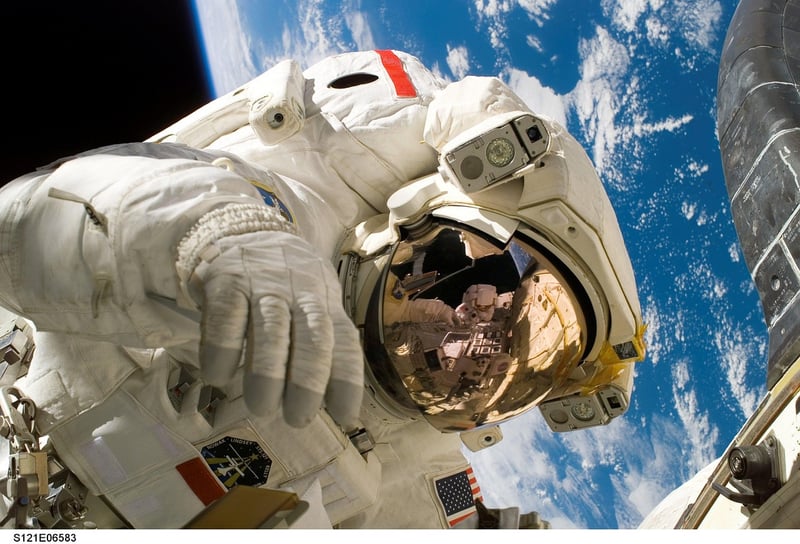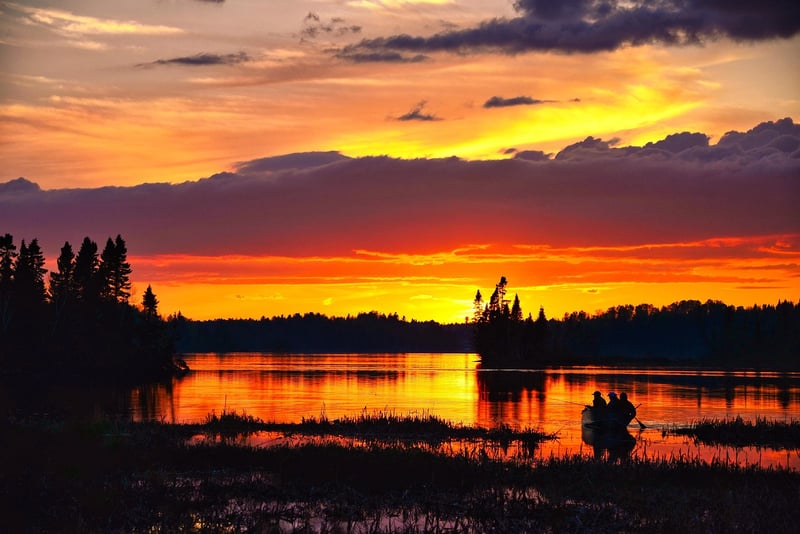Space Ecology
The Fascinating World of Space Ecology
Space, the final frontier, has always captivated the minds of scientists and adventurers alike. But what about life in space? How do organisms survive and thrive beyond the confines of our planet? Let's delve into the intriguing field of space ecology to uncover the secrets of living beings in the cosmos.
Understanding Space Ecology
Space ecology is the study of how living organisms interact with each other and their environment in space. This field explores the challenges of sustaining life in the harsh conditions of outer space, including microgravity, radiation, and extreme temperatures.
Adaptations for Space Survival
To survive in space, organisms must adapt to the unique conditions they encounter. Some organisms, like tardigrades, also known as water bears, have remarkable abilities to withstand extreme environments. Tardigrades can survive in space, exposure to radiation, and even the vacuum of space.
Research in Space Ecology
Scientists conduct experiments on the International Space Station (ISS) to study the effects of microgravity on plants, animals, and microorganisms. These studies help us understand how life adapts to space conditions and provide insights into potential long-duration space missions, such as manned missions to Mars.
The Importance of Space Ecology
Space ecology is crucial for future space exploration and colonization efforts. By studying how organisms interact with their environment in space, we can develop technologies and strategies to support human life beyond Earth. This knowledge is essential for creating sustainable habitats and ecosystems in space.
Conclusion
Space ecology offers a glimpse into the incredible adaptability of life forms and provides valuable insights for our journey into the cosmos. As we continue to explore and expand our presence in space, understanding the intricacies of space ecology will be key to our success.

Explore more about space ecology and the mysteries of life beyond Earth to unlock the secrets of our universe.
Learn more about space research on the International Space Station